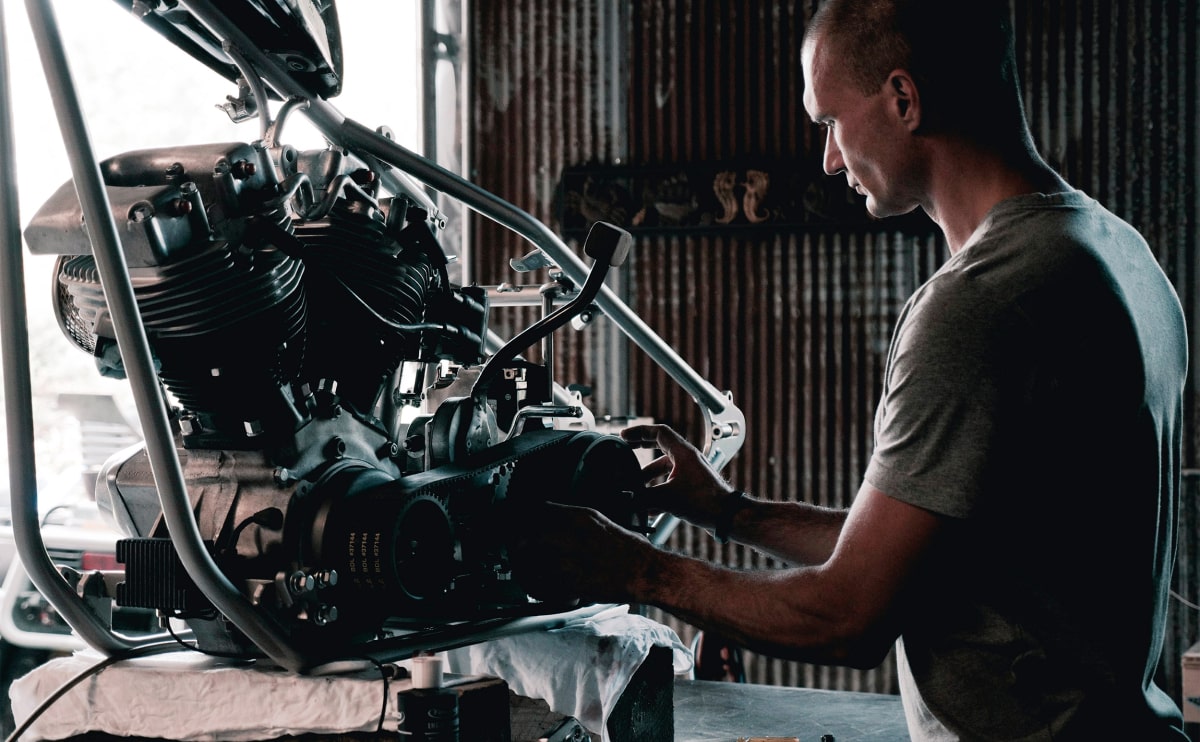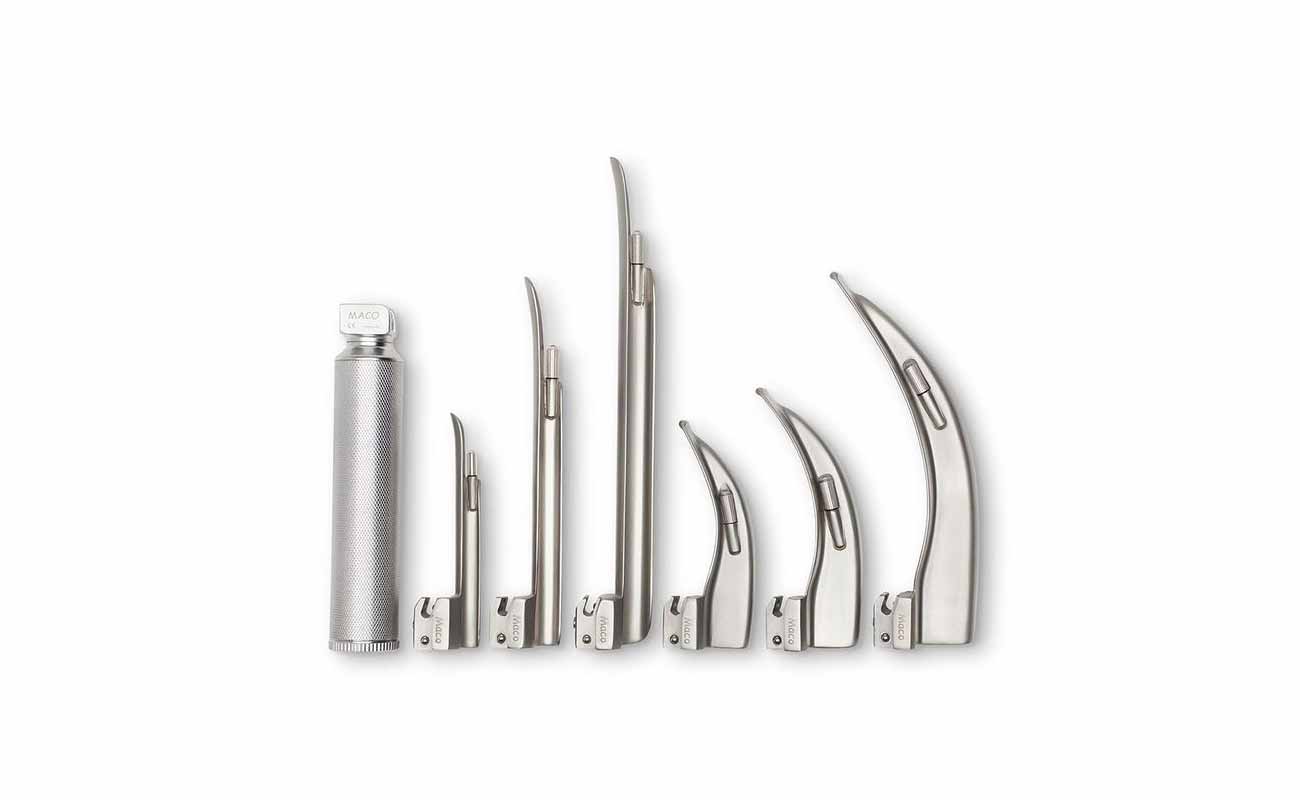The Innovation Of Industrial Blades: Materials, Technology And Application Prospects
INTRODUCTION
1. Breakthroughs in Materials Science
1.1 Limitations of traditional materials
In the early days, industrial blades mainly used high-speed steel and cemented carbide, but these materials are prone to softening or chipping in high-temperature or high-intensity cutting environments.
1.2 Application of emerging materials
Ceramic blades: With extremely high hardness and heat resistance, suitable for high-speed cutting and dry cutting.
Cubic boron nitride (CBN) blades: The hardness is second only to diamond, suitable for cutting hard materials such as hardened steel and cast iron.
Diamond blades: With unparalleled hardness and wear resistance, they are mainly used for precision machining of non-metallic materials.
1.3 Advances in coating technology
By coating the surface of the blade with hard materials (such as titanium nitride, aluminum titanium nitride), the wear resistance, heat resistance and chemical stability of the blade can be significantly improved. Common coating technologies include PVD and CVD.
2. Innovation in manufacturing processes
2.1 Precision machining technology
Modern industrial blade manufacturing relies on precision technologies such as CNC machine tools, laser cutting and electrical discharge machining (EDM), which improve the cutting performance and durability of blades.
2.2 Application of 3D printing technology
3D printing technology makes it possible to design complex internal structures and personalized blades, thereby optimizing the mechanical properties and cutting performance of blades and shortening product development cycles.
2.3 Intelligent manufacturing and automation
Intelligent manufacturing and automation technologies improve production efficiency and product quality. Automated production lines can achieve 24-hour uninterrupted production, while intelligent systems can monitor the production process in real time to ensure quality.
3. Expansion of application areas
3.1 Metal Processing
Industrial blades are widely used in metal processing processes such as turning, milling, drilling and tapping. With the advancement of materials and technology, their cutting efficiency and precision are constantly improving.
3.2 Wood and Composite Processing
In wood processing, industrial blades are used in processes such as sawing, planing and carving. In the processing of composite materials (such as CFRP, GFRP), new blade materials and coating technologies effectively reduce tool wear and cutting heat.
3.3 Emerging Applications
Industrial blades are also widely used in medical device manufacturing (such as surgical instruments) and new energy fields (such as wind turbine blades).
4. Future Outlook
4.1 Green Manufacturing and Sustainable Development
In the future, industrial blades will pay more attention to environmental performance, develop recyclable and degradable materials and low-energy manufacturing processes.
4.2 Smart Blades and Internet of Things
Smart blades integrate sensors and Internet of Things technology to achieve real-time monitoring and optimization of the cutting process, improve processing efficiency and product quality.
4.3 Personalization and Customization
With the diversification of customer needs, customized services for industrial blades will become a trend. Advanced manufacturing technology will help manufacturers provide more precise solutions.
The road to innovation of industrial blades is the result of continuous progress in material science, manufacturing processes, and application technologies. From traditional high-speed steel and cemented carbide to emerging ceramics, CBN, and diamond blades, to the application of smart manufacturing and Internet of Things technologies, the progress of industrial blades in all aspects has promoted the development of modern industry. In the future, with the continuous innovation of technology and the changes in market demand, industrial blades will continue to play an indispensable role in industrial manufacturing, providing more efficient, precise, and sustainable solutions for all walks of life.






